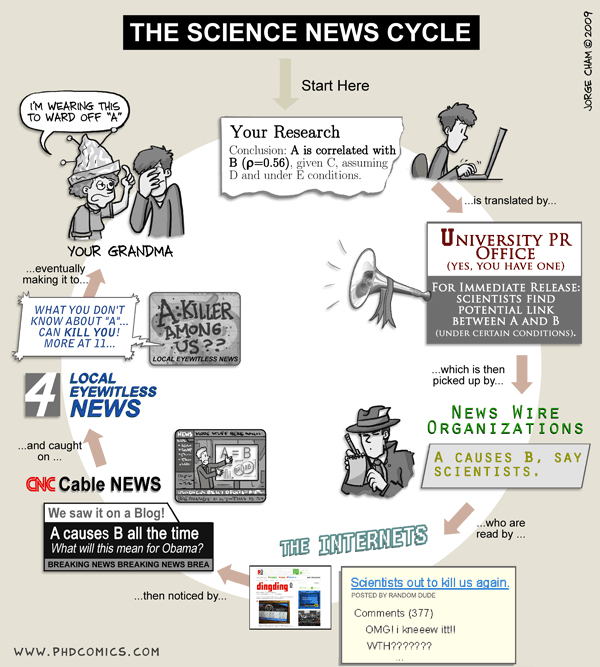For the past three weeks, I have poured over fantastic websites, forum threads and author blog entries that have titles like:
Three Simple Questions to Answer in a Query ...
Successful Queries #1,
#2 ... better yet, how about
Awesome Query that Got Me My Agent?
This is not that blog.
You will notice by the title of this posting (stolen from
AW), that my querying experience to date has been slightly different. This is because I am stuck in a query editing loop, and my latest version -- cute little Query16.2 -- is too scared to run out and try to worm its way onto an agent's lap.
My Query Writing Experience:
This is how it has gone for me so far:
1. Write a query with the names of characters and places in my YA dystopian/fantasy, but include nothing that would indicate what the story is actually about.
3. Re-read and wonder what the heck I was thinking. This query should die a slow painful death, perhaps by
QueryShark.
4. Confuse everyone on AW because my query doesn't make any sense.
5. Rewrite - narrowing scope of query.
6. Discover that the query makes it sound like the story is all about the main character's parents.
7. Rewrite.
8. Find out that the "visions" the MC has are confusing all the query readers to no end. Query is totally misleading. Also contains no 'hook' at the beginning.
9. Think "hmm .. maybe these 'visions' aren't central to the plot"
10. Rewrite - removing visions from query.
11. Realize query no longer sounds like YA fantasy.
12. Wonder if my inability to write a query means that I have not actually written a novel either.
13. Consider shelving manuscript.
14. Wait a few days.
15. Rewrite - putting visions back in query, and adding a hook.
16. Feedback on the query is mixed.
17. Wonder if it was a good idea back in step #5 to narrow the scope of the query. It now covers only the first 2/3 of the book. Enticing or confusing? ...don't know.
18. Sigh.
19. Wait for betas to finish reading.
20. Gather strength for another round.
So, how do you write a successful query?
Well, obviously I haven't figured that out quite yet. However I think I'm getting closer. Here's what I think I have learned so far.
1. Get right to the hook
(and to your MC)
For example: Dear Mr./Ms. Agent, [Insert Hook - riveting issue and/or unique character trait - here] . But,
don't use a logline ... or
do use a logline, depending on who you talk to.
(a) Goal - What does your MC want?
(b) Obstacle - What is preventing the MC from obtaining goal?
(c) Stakes - What will happen if MC fails? Chooses option A? Chooses Option B?
The answers to these should get at the
main conflict of the story - the entire arc - not just the initial premise. Therefore the query should summarize the entire story up to the central conflict ...
or not, depending on who you ask.
3. Query Dos
Show don't tell
Be specific. Use details not vague generalities
Focus on one character - the MC.
Read the query aloud. Watch the cadence.
Leave the audience wondering. End with high stakes, don't fizzle out.
4. Query Don'ts
Don't include backstory.
Don't make character soup ... we don't need to know all the names of the MC's 13 friends.
Don't start with "Imagine if..." or rhetorical questions
Don't compare your book to titles that aren't selling well
5. Do all this in 300 words or less
Keep it short and snappy. Make them want to read on.
End the query with something enticing, but not a cliche!
Click on my "
Resources" tab to find more links to expert opinions on query writing. They know far more about this than I do. And maybe someday in the hopefully not-to-distant future, I will be back to post my own "successful query" and querying tips. In the meantime, hope this helps those of you out there in your own personal query letter hell. You are not alone.
Oh, and if you get tired of writing queries, you can always just revert to making random cover art for your unpublished book! It does make you feel a whole lot better about things.


















































